Land deals threaten to impair River Nile
- New Vision
- 26 Mar 2019
Land deals along River Nile could easily impair its recharging potential if water abstraction is not regulated.
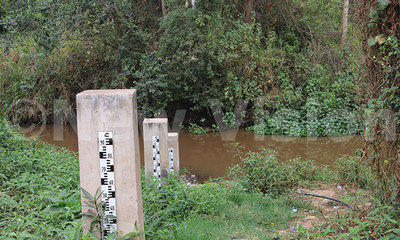
Land deals along River Nile could easily impair its recharging potential if water abstraction is not regulated.
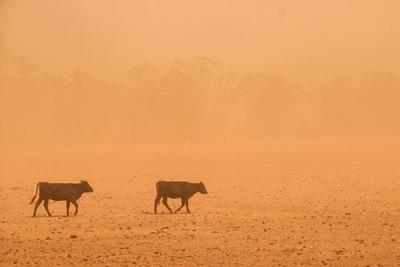
The Australian Government's long-awaited foreign ownership of water entitlement register reveals one in 10 water entitlements is foreign-owned at 10.4 per cent.
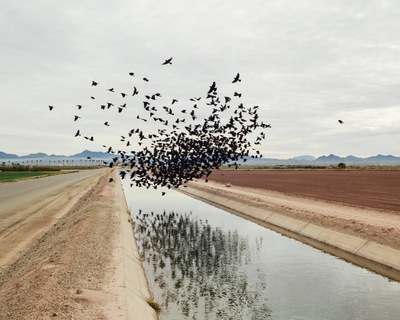
Saudi-based Almarai owns 15,000 acres of an irrigated valley – but what business does a foreign food production company have drawing resources from a US desert?
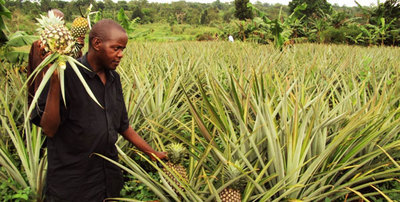
It is doubtful at Del Monte can continue owning so much land in perpetuity in Kenya.

Tensions between local communities in the Democratic Republic of the Congo and Canadian oil palm company Feronia have escalated in recent months following a complaint presented last year to the company’s international financial backers.
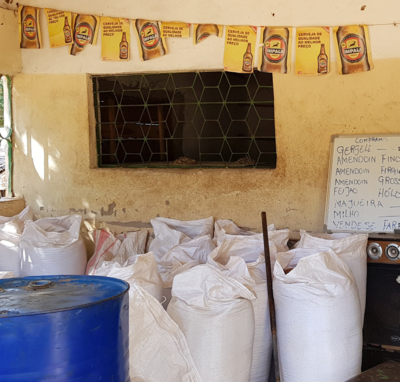
In our APRA study, we have been asking: what actually happens on the ground, even when corridors as originally planned are slow to materialise? Do the grand visions play out as expected? Who is involved and who loses out?
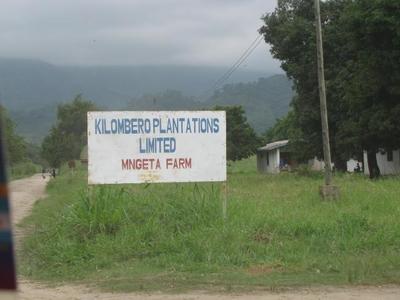
Ambitions for venture capital in African agriculture – once the Next Big Thing – are foundering, as is the case with the Southern Agricultural Growth Corridor of Tanzania.
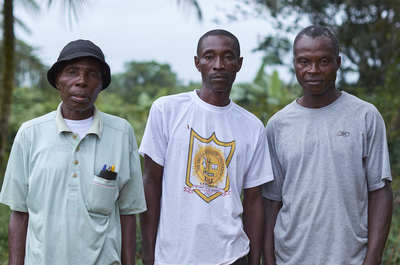
Locked within the legislation is a flaw for those living on the quarter of the country’s land set aside for concessions: it is not retroactive. A difficult truth that is only just beginning to permeate thousands of villages in Liberia.

As the world’s first Sustainable Rubber Platform is launched, Ali Hines of Global Witness asks whether tire companies can make good on their promises.

ESCR-Net members have been engaged in several actions in opposition to Luxembourg registered agri-business Socfin Group and its operations in several Western African countries.
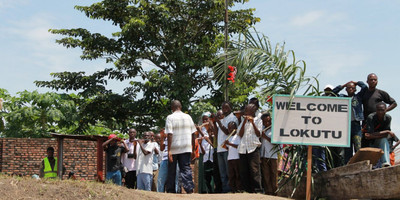
This Saturday military forces fired live bullets at villagers within the Lokutu oil palm plantation concession area of the Canadian company Feronia Inc, following weeks of growing tension between communities and the company.

Brazilian deforestation is most highly driven by land speculation, whereby land speculators deforest an area, possibly selling off the timber, then convert the land to pasture, and then again quickly sell the land to a soy producer at a much increased price.